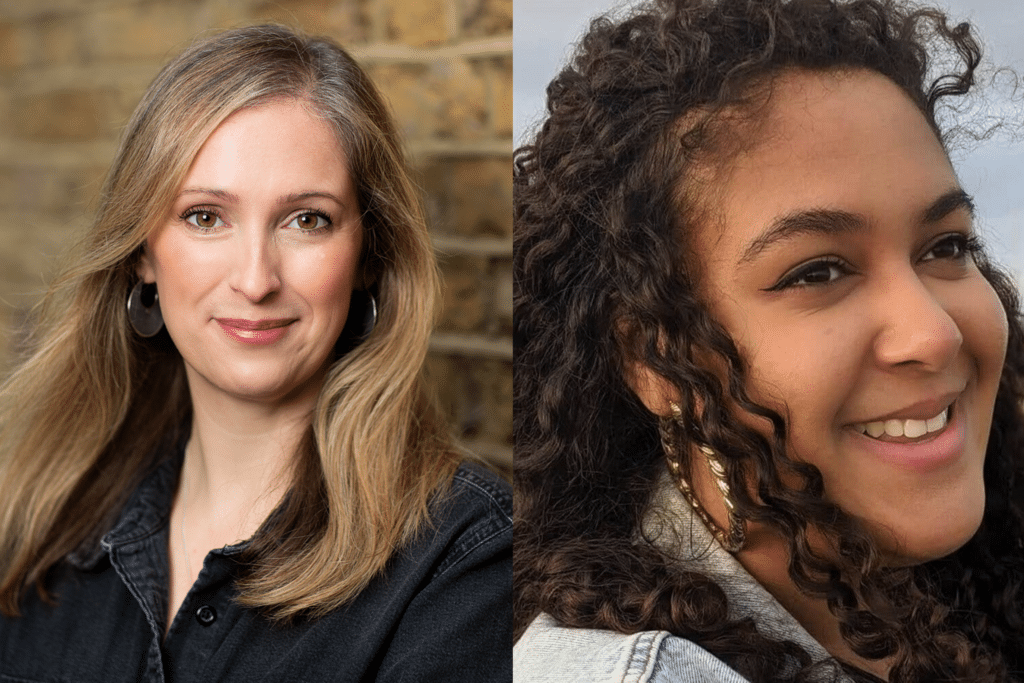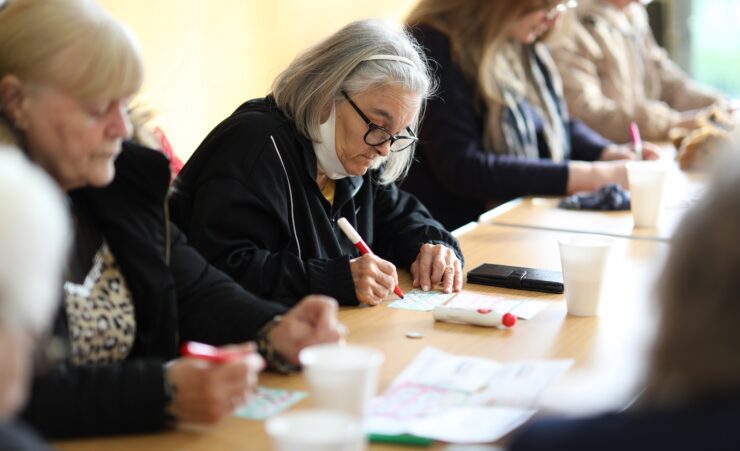
Embedding direct experience into application and assessment processes
In July 2021, 22 charities shared their collective experience of what it feels like to apply for funding and their views on the practical changes funders could make to help the process feel less burdensome and more respectful, whatever the outcome. Debate within the community of open and trusting grantmakers has begun to tease out important principles to support progress. These include: straightforward communication of the information that most matters to applicants; greater transparency about decision-making processes; and honest feedback, even when this is difficult.
Crucially, there is growing recognition that ‘thinking in public’ is fundamental to effective change. By sharing the detail of how they work and welcoming feedback, grantmakers create the opportunity for charities to have a more powerful voice in judgements about what better practice looks like. Six grantmakers volunteered to share their own ideas, efforts, and experiments in the hope that it might be helpful to others exploring how to be more open and trusting in their approach to funding applications and assessments.
When we compiled the learning from this research, we uncovered an emerging theme guiding two of the grantmakers to be more open and trusting: they put lived experience at the heart of grantmaking – Comic Relief and Joseph Rowntree Housing Trust. These case studies share insights from their recent experiences of giving individuals with lived experience a voice in grantmaking decisions:
1. Sense check the questions you are asking applicants, and the language you’re using to describe ‘lived experience’
Asking groups to demonstrate needs and explain why they need funding can be triggering – it requires applicants to retell traumatic stories and justify why they should be funded.
2. Put support in place
Be sensitive to where people are in their own lives. Involve people who are at a point in their own journey where they can step aside a little from their day-to-day experience, and ensure that they have support in place/somewhere to go if things get too much.
3. Invest in relationships and have fun
When you’re bringing together grant-making professionals and people with lived experience, there are some big cultural differences – and some people are more confident with expressing themselves in structured environments. Design these conversations carefully, and have some fun; grant-making is quite serious and social events can break down a lot of barriers.
4. If you’re recruiting representatives with direct experience to participate in application and assessment processes – don’t override the decisions
Both Comic Relief and Joseph Rowntree Housing Trust have found ways for individuals with lived experience to challenge grant application decisions and privilege these perspectives.
5. Create space for your existing systems and processes to be challenged
If they don’t work for the group(s) you’re trying to reach – change them or address the root cause: ‘Not all the organisations neatly ticked boxes in terms of our eligibility criteria … We knew this was because of years of being chronically underfunded … therefore robust funder plus support was provided to manage the risk and support organisations to grow and develop, in addition to delivering a grants programme.’
As with wider efforts to take a more open and trusting approach to application and assessment processes, asking for feedback – from both those involved in the grant-making process and applicants themselves – was crucial for designing and improving approaches.


